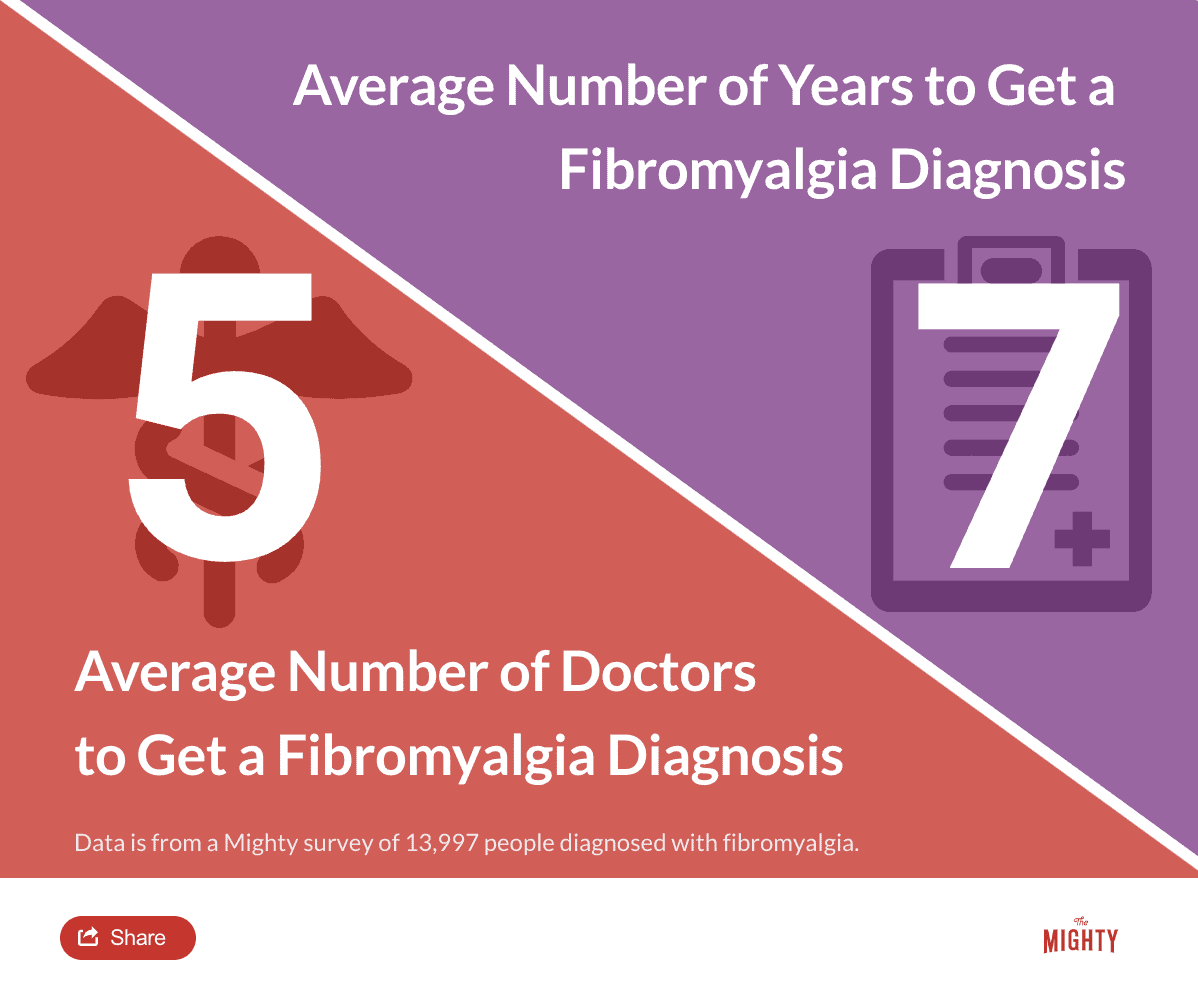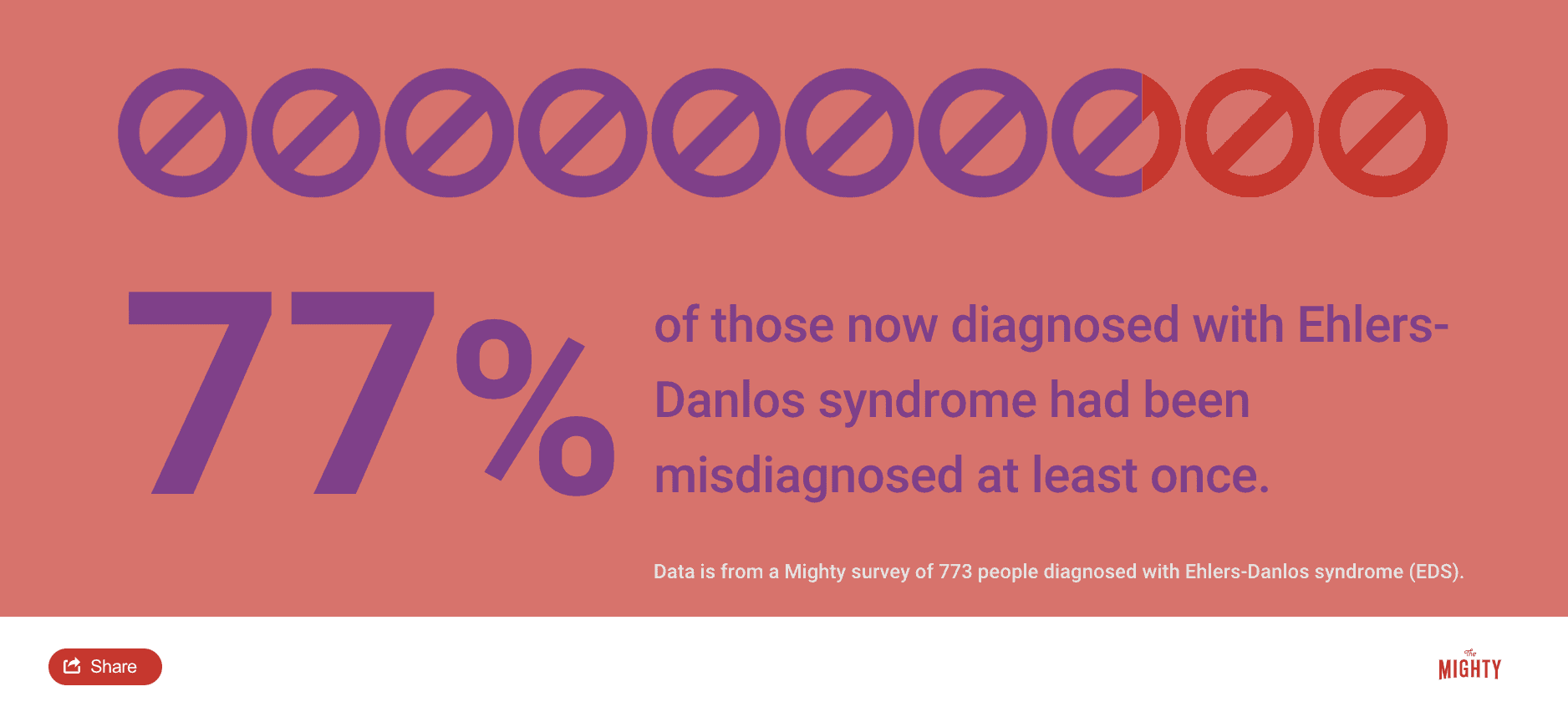Raise your hand if you’ve ever turned to the internet — or printed out online articles to hand to your doctor — to help get a rare disease or “controversial” diagnosis. Now, a new study proves what you probably already know as a self-advocate: The internet can help you get a diagnosis.
The study, published in the journal Genetics in Medicine, looked at people diagnosed with the rare genetic condition autosomal dominant tubulointerstitial kidney disease (ADTKD) over a period of 21 years. Researchers looked at how patients were referred to specialty centers for diagnosis, including academic medical centers (40% of participants), doctors (33% of participants) and self-referrals through internet-based research (27% of participants).
When all three groups of patients were tested for ADTKD, approximately 25% of each group tested positive for the condition, which means self-referrals were just as likely to have the condition as professional referrals. In addition, if patients and their loved ones hadn’t self-referred based on an internet search, they wouldn’t have gotten a diagnosis at all.
“The similar percentages of positive results from the three types of referrals indicate that actively pursuing self-diagnosis using the internet can be successful,” lead author Anthony J. Bleyer, M.D., told Science Daily. “One-quarter of the families found to have ADTKD were diagnosed as result of direct contact with the center through the internet, which represents 42 families and 116 individuals who otherwise would have gone undiagnosed if a family member had not contacted us.”
Patient self-advocacy using the internet is certainly not new or ground-breaking among those who have a chronic illness or rare disease. These conditions are often difficult to diagnose, and it can years of false starts or finding the right specialist to give you answers. A Mighty survey of nearly 14,000 people diagnosed with fibromyalgia, for example, showed it took people an average of seven years and five doctors to get a diagnosis.

Read more about getting a fibromyalgia diagnosis.
Among 750 people The Mighty surveyed with Ehlers-Danlos syndrome (EDS), 62% of participants said it took more than six doctors to get the correct diagnosis over an average of 16 years. During that time, 77% of survey respondents said they were misdiagnosed at least once.

Read more about getting an Ehlers-Danlos syndrome (EDS) diagnosis.
Study author Bleyer did caution the information patients find on the internet about their condition isn’t always reliable. (You can read why this is one reason The Mighty started creating condition guides here.) However, when you’re struggling to find answers, the internet can be a great place to find resources, information and connect with others who may be experiencing a similar condition, including right here on The Mighty when you post a Thought or Question using the hashtag #RareDisease or #Chronic Illness.
“The availability of focused information about rare disorders on the internet may lead to increased diagnoses of these conditions,” Bleyer said. “Centers interested in rare disorders should consider improving their online accessibility to the public.”
Header image via structuresxx/Getty Images

